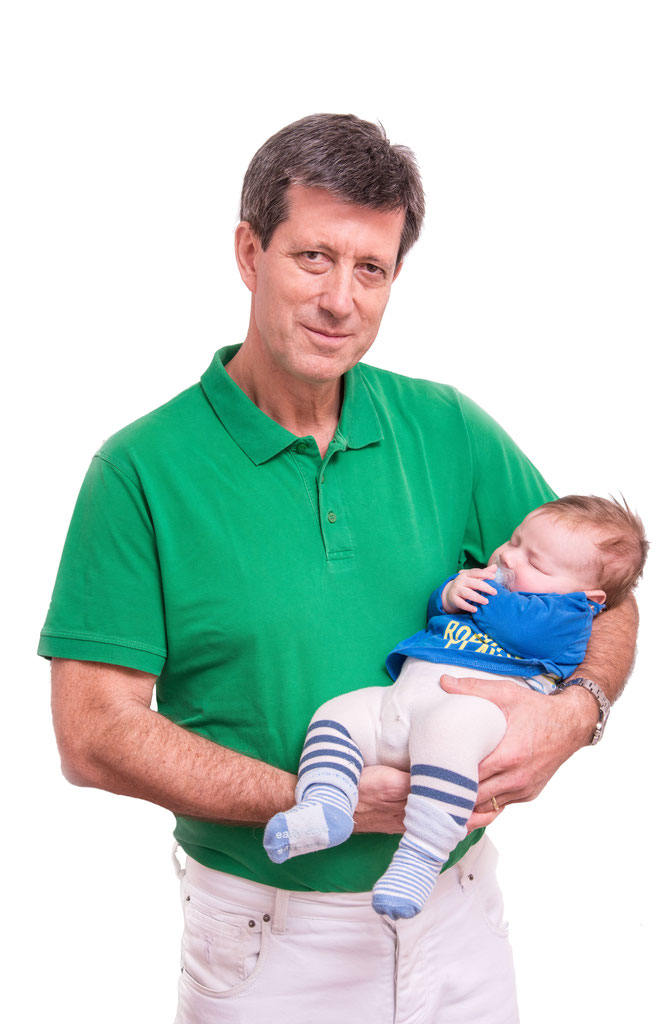EAP Webinar Series 2025
Webinar 1: Focus on Vaccination
The inaugural webinar of the 2025 EAP Series addressed the alarming global and European resurgence of measles and pertussis (whooping cough), with a focus on the urgent need for enhanced vaccination strategies and public health action.
Webinar Takeaways
Myth busting: No scientific link between MMR vaccine and autism; the original claim has been thoroughly debunked and retracted.
Research initiatives: Efforts like the PERISCOPE consortium are developing new vaccines, including promising intranasal candidates.
Q&A Summary
Answer (Prof. Dornbusch):
Once symptoms are present, it is too late for effective post-exposure prevention. However, post-exposure prophylaxis can be administered within 72 hours after contact with an infected individual. If appropriate (i.e., the child is not immunocompromised), vaccination during this window can still help prevent disease onset.
Answer (Prof. Dornbusch):
No. Egg allergy is no longer considered a contraindication for the MMR vaccine.
This has been removed from official guidance. Only if the child experienced anaphylaxis after a previous MMR dose should re-vaccination be reconsidered, and even then, under specialist guidance.
Answer (Prof. Pana & Prof. Dornbusch):
Yes. Even after natural infection, completing the recommended vaccination schedule is important due to waning immunity and the risk of reinfection or suboptimal protection over time.
After recovery, a yet unvaccinated measles patient should definitely be immunized against rubella and mumps by means of two doses of the MMR vaccine. However, an interval of at least three months should be left between the disease and the first vaccination to allow for recovery from the period of T-cellular immunosuppression.
About the Presenters

Assoc. Prof
Associate Professor of Paediatrics and Adolescent Medicine, Medical University of Graz. Specialist in pediatric infectious diseases and vaccinology. Chair of the EAP Vaccination Strategic Advisory Group.

Prof.
Professor of Paediatrics and Epidemiology, University of Nicosia. Expert in infection control and antimicrobial stewardship. Active member of EU-funded research and scientific committees in pediatric infectious diseases.

New ways to test high-risk medical devices.
Manufacturers of medical devices need to test their products before being allowed to market them. Specifically, they require clinical data showing their medical device is safe and efficient. In this context, the EU-funded CORE-MD project will translate expert scientific and clinical evidence on study designs for evaluating high-risk medical devices into advice for EU regulators. The project will propose how new trial designs can contribute and suggest ways to aggregate real-world data from medical device registries.
It will also conduct multidisciplinary workshops to propose a hierarchy of levels of evidence from clinical investigations, as well as educational and training objectives for all stakeholders, to build expertise in regulatory science in Europe. CORE–MD will translate expert scientific and clinical evidence on study designs for evaluating high-risk medical devices into advice for EU regulators, to achieve an appropriate balance between innovation, safety, and effectiveness. A unique collaboration between medical associations, regulatory agencies, notified bodies, academic institutions, patients’ groups, and health technology assessment agencies, will systematically review methodologies for the clinical investigation of high-risk medical devices, recommend how new trial designs can contribute, and advise on methods for aggregating real-world data from medical device registries with experience from clinical practice The consortium is led by the European Society of Cardiology and the European Federation of National Associations of Orthopaedics and Traumatology, and involves all 33 specialist medical associations that are members of the Biomedical Alliance in Europe.